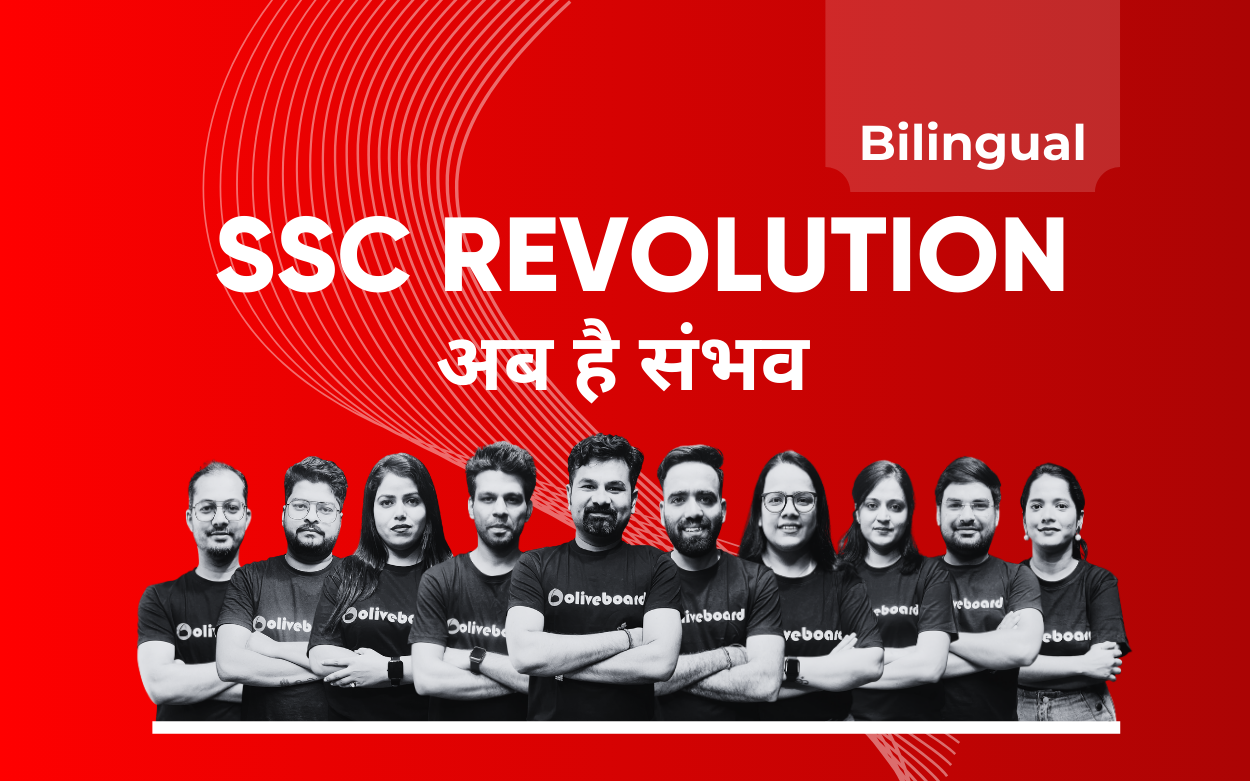The Staff Selection Commission has released the SSC MTS Exam Date 2025 in the SSC Calendar 2025 on its official website, ssc.gov.in. The SSC MTS Computer-Based Test (CBT) will take place between 20th September to 24th October 2025. To prepare well, candidates should go through the SSC MTS Syllabus 2025 and understand the exam pattern. This blog provides details on the SSC MTS syllabus, the updated exam pattern, and a link to download the SSC MTS Syllabus PDF.
SSC MTS Syllabus
The SSC MTS Syllabus and SSC MTS Exam Pattern help candidates understand the types of questions and difficulty level. It is important to know the official syllabus and exam pattern for better preparation. Understanding these details allows candidates to plan their study strategy effectively. The SSC MTS Syllabus mainly includes four subjects:
- General Intelligence & Reasoning
- Quantitative Aptitude
- General Awareness
- English
SSC MTS Syllabus 2025
The selection process for SSC MTS Exam 2025 consists of a computer-based exam consisting of 2 sessions. Both sessions are mandatory. The computer-based exam is common for both MTS and Havaldar posts.
SSC MTS Syllabus For Mathematical Ability
The details of the Maths Syllabus for the Multi Tasking Staff Exam is as follows:
- Integers and Whole Numbers
- LCM and HCF
- Decimals and Fractions
- Relationship between Numbers
- Fundamental Arithmetic Operations and BODMAS
- Percentage, Ratio, and Proportions
- Work and Time
- Direct and Inverse Proportions
- Averages
- Simple Interest
- Profit and Loss
- Discount
- Area and Perimeter of Basic Geometric Figures
- Distance and Time
- Lines and Angles
- Interpretation of Simple Graphs and Data
- Square and Square Roots
SSC MTS and Havaldar Syllabus For Reasoning Ability
The SSC MTS Syllabus for Reasoning is as follows:
- Alpha-Numeric Series
- Following Directions
- Similarities and Differences
- Jumbling
- Problem Solving and Analysis
- Non-verbal Reasoning Based on Diagrams
- Age Calculations
- Calendar and Clock
Attempt an SSC MTS 2025 Mock Test
SSC MTS Syllabus For General Awareness
The SSC MTS Syllabus For General Awareness is as follows:
| Topics | Details |
|---|
| Environment | Understanding of ecological issues, conservation, and sustainability. |
| Society | Knowledge of societal structures, norms, and values. |
| Current Events | Awareness of significant global, national, and local events. |
| Scientific Aspect | Understanding of scientific principles and their application in daily life. |
| History | Significant historical events and figures in India and neighboring nations.
- Indus Valley Civilization
- Buddhism and Jainism in India
- The Magadha Empire
- Gupta Dynasty
- Delhi Sultanate and Mughal Empire
- India and Its Independence |
| Culture | Knowledge of cultural heritage, traditions, and diversity in India and neighboring countries. |
| Geography | Familiarity with geographical features, landmarks, and physical characteristics of the region.
- The Universe and the Solar System
- Earth
- Mountains and Rivers
- Hydrosphere, Lithosphere, Atmosphere
- Wind Cyclones
- Climate
- Geological Survey of India
- Indian Climate, Natural Vegetation, and Soil |
| Economic Scene | Awareness of economic policies, trends, and developments impacting India and neighboring nations.
- General Economics
- Economic Planning
- National Income of India
- Budget
- Market
- Demand and Supply
- Economic Concepts
- Population of India, Mortality Rate, Unemployment |
| General Policy | Understanding of governmental policies, laws, and regulations governing India and its neighbors.
- Constitutional Development of India
- State and Union Territory
- Fundamental Rights
- Directive Principles of State Policy
- Executive, Legislation, Judiciary
- Constitution of India |
| Scientific Research | Knowledge of ongoing scientific research and advancements in various fields, nationally and internationally. |
| Physics | - Units and Measurement
- Waves and Motion
- Light
- Work and Energy
- Heat and Temperature |
| Chemistry | - Chemical Symbols and Formulae
- Atomic Structure
- Periodic Classification
- Chemical Bonding
- Oxidation and Reduction
- Acids, Bases, and Salts
- Carbon and Its Compounds
- Fuels
- Metals and Non-Metals
- Man-Made Substances |
| Biology | - Living and Non-Living
- Cell and Its Structure
- Genetics
- Organic Evolution
- Plant Morphology
- Plant Diseases
- Nitrogen Cycle
- Animal Kingdom
- Animal Tissue |
SSC MTS and Havaldar Syllabus For English Language and Comprehension
The SSC MTS Syllabus for the English Language is as follows:
- Spotting errors
- Filling in the blanks
- Synonyms
- Antonyms
- Spelling/Detecting misspelled words
- Idioms and phrases
- One-word substitution
- Sentence improvement
- Comprehension passage
Solve SSC MTS Previous Year Papers
SSC MTS and Havaldar Marks Evaluation Process
The recruitment process for the SSC MTS and Havaldar posts involves multiple stages, including computer-based examinations and physical tests. The details are as follows:
| Section | Details |
|---|
| Evaluation Process | Session 1: Evaluated first.
Session 2: Evaluated only if Session 1 is cleared. |
| Havaldar Recruitment Process | Computer-Based Examination (CBE): Required.
Physical Efficiency Test (PET)/Physical Standard Test (PST): Required. |
| MTS Recruitment Process | Category-wise, State/UT-wise Cut-offs in Session II: Separate cut-offs for category and State/UT.
Age Group-wise Cut-offs: Separate cut-offs for age groups (18-25 years, 18-27 years). |
| Marking Scheme | Session I: No negative marking.
Session II: Negative marking of one mark per wrong answer. |
| Normalization of Scores | Multiple Shifts: Marks normalized if conducted in multiple shifts.
Normalization Formula: As per Notice No: 11/2018-P&P-I dated 07-02-2019.
Final Merit and Cut-off Marks: Based on normalized scores. |
SSC MTS Syllabus PDF Download Link
Candidates can download the SSC MTS and Havaldar syllabus PDF for free via the direct download link provided. The new SSC MTS 2025 syllabus is released on 26th June, 2025 along with the notification.
Download SSC MTS Syllabus Free PDF
















































































